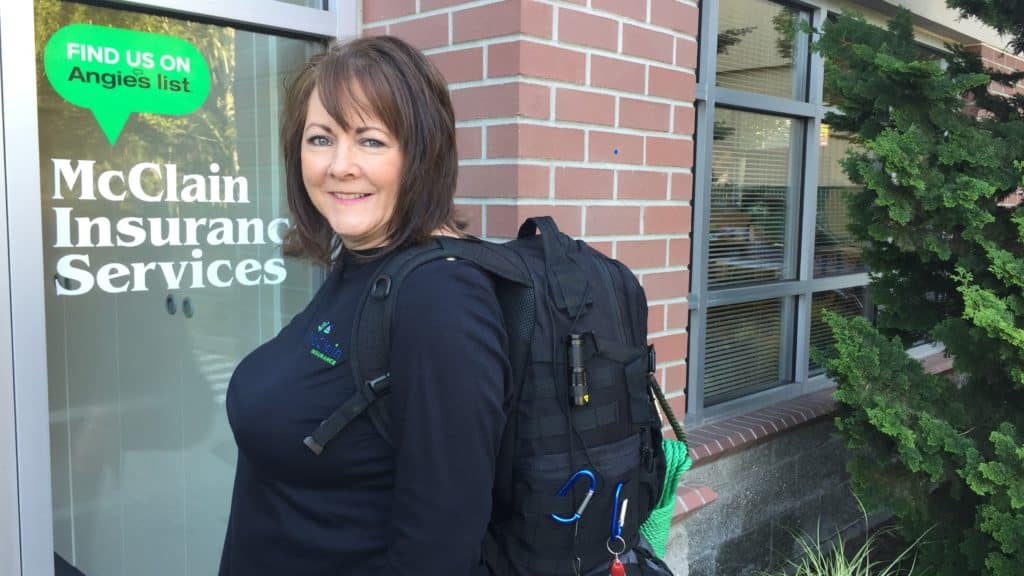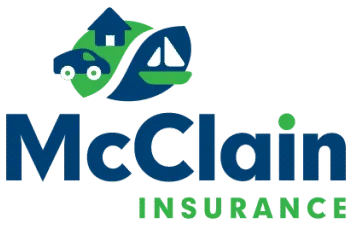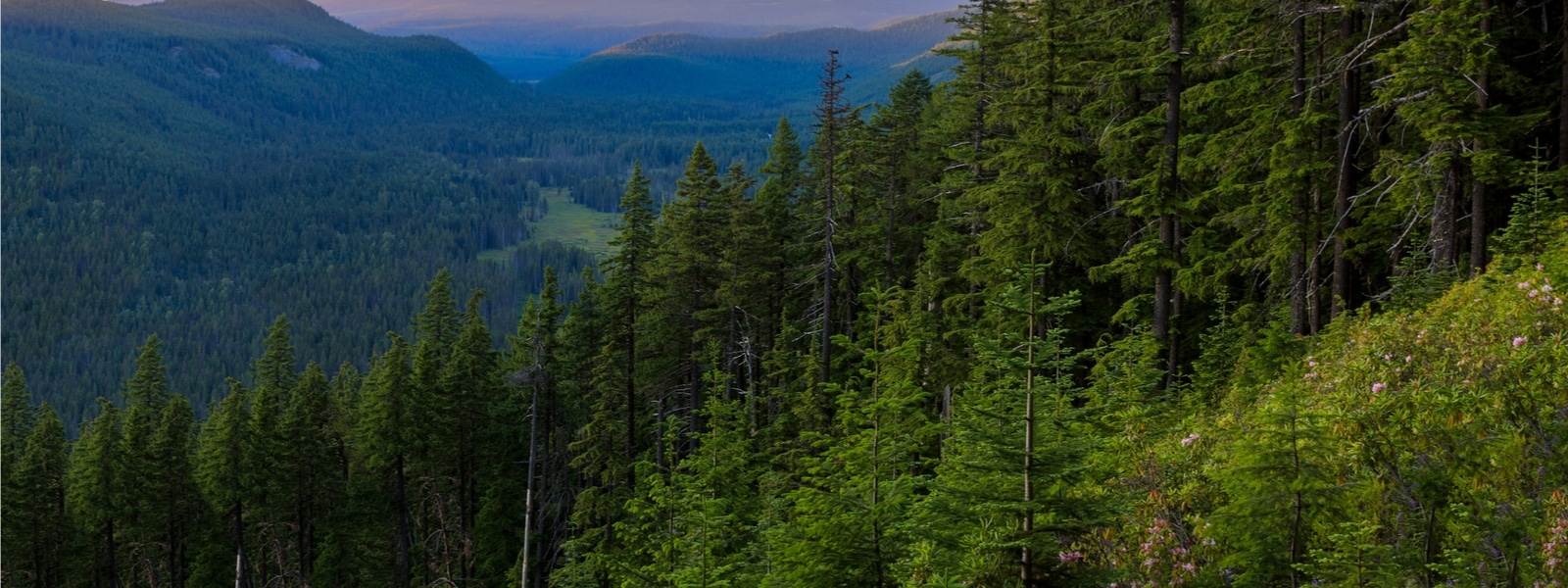Planning Ahead for the Next Northwest Disaster
Disasters don’t plan ahead. You can.
Every family should have a disaster preparedness plan. Not sure where to start? Take the free McClain Insurance 30 Day Preparedness Challenge, which breaks down basic emergency preparedness into 30 quick, easy-to-follow steps.
It taking a 30 day challenge seems daunting, we encourage you to at least spend an hour creating or updating your family’s emergency plan. Then, work on building your home emergency kit and go bag. In a disaster, lack of preparedness could cost you your life. Having these resources in place could make all the difference.
At a minimum, you should be prepared to take care of yourself and your family for the first 72 hours (three days) after a disaster. This includes food, water, shelter, warmth, and safety. Due to the state’s limited resources, Washington State’s Emergency Management Division now recommends stocking enough resources to survive on your own for two weeks. This means after you have 72 hours’ worth of supplies, you should work towards building an emergency kit you could survive on for two weeks.
The checklists below are general guidelines to help you get started. Be sure to take into account specific needs in your household, including different ages of members in your household, dietary needs, disabilities, and religious and cultural considerations. Don’t forget to take your pets into consideration, too.
Building Your Home Emergency Kit
Your home emergency kit should contain all the essentials you need to shelter in place during and after a disaster. A major disaster can compromise public utilities, so be sure to have adequate supplies of water, food, and access to heat sources.
Many of these items can also come in handy during smaller emergencies, like fall windstorms and power outages that are common throughout the Pacific Northwest.
Your home emergency kit should include:
- Drinking water. A good rule of thumb is one gallon of water per person, per day. In the aftermath of a disaster, you can also fill bathtubs with water.
- Nonperishable food and manual can opener.
- First aid kit and 30 day supply of medicines.
- Flashlights, candles, and matches.
- Extra batteries.
- Copies of important documents.
- Cooking facilities, such as a camp stove.
- Hand Crank NOAA Weather radio.
- Seasonally appropriate clothing.
- Generator and fuel.
- Portable toilet.
- Manual charging station for cell phones.
- Tools. It’s critically important you know how to shut off the gas and water mains to your home and have the tools to do so.
Purchasing all these items at once may be daunting. Mike Fisher, the husband of McClain team member Mary Fisher, recommends keeping a running list of needed items and purchasing a one or two during regular shopping trips.

Go Bag
After an earthquake or other disaster, you may need to evacuate your home quickly. We recommend designating a lightweight “grab and go” – or go bag – you can carry with you in the event of an evacuation.
Each person in your household (age permitting) should have a go bag. Keep your bag in an area that is easily accessible in the event your home is severely damaged in an earthquake, flood or other disaster.
Your grab and go bag should contain essentials for 72 hours of survival:
- A small, lightweight bag. After a disaster, roads may be damaged so it’s important your bag is as lightweight and portable as possible. Due to the rainy Pacific Northwest climate, we also recommend something that is waterproof.
- Water. Keeping yourself hydrated is critical to survival. Pack a collapsible water container and water purification tablets and/or LifeStraw Personal Water Filter. This will ensure you have safe drinking water.
- Shelter. If you’re unable to stay in your home, it’s important to keep rain and wind off you. Pack an individual tube tent, emergency sleeping bag, space blanket, and poncho.
- Compact, high-calorie foods. Beef jerky, emergency food bars (2,400 to 3,600 calories each), and GORP (good ‘ol raisins and peanuts) are good options to consider.
- Lighter and matches.
- First aid kit. Include essential prescription medications and glasses if applicable.
- Rechargeable hand-crank flashlight.
- Seasonally appropriate clothing. Don’t forget sturdy shoes and warm socks.
- Multi-purpose tool.
- Cash. In the immediate aftermath of a disaster, it’s likely ATM and credit card processing machines won’t work. Bring small denomination bills with you, and don’t store it in one place.
- Whistle to signal for help.
- Phone charger.
- Important documents. This includes copies of vital documents like passports and birth certificates, a list of your emergency contacts, and a copy of your home inventory. Don’t forget a current family photo, which can be used for identification purposes if separated.
- Protective gear. Depending on the disaster, you may want a dust mask and protective goggles, and thick masonry gloves to protect hands if you need to move cement and rock.
- Hand Crank NOAA Weather radio.
- Copy of emergency plan and contact list. Write down the addresses and phone numbers of friends.
- Hygiene products.
- Map. Things look different on foot than they do in a car.
Children
For parents of babies and young children, don’t forget:
- Diapers and wipes
- Formula and bottle if using
- Comfort item
Pets
If your family includes pets, it’s important to address their needs in your emergency plan as well. At a minimum, pack the following for each pet:
- Leash and harness
- Food for three days
- Copies of vaccination records
- Collapsible food and water bowl
- Walking booties to protect feet
Additional Resources
The information above outlines basic emergency preparedness steps you and your family may want to take. For more information on how to plan ahead for natural and manmade disasters, visit the following websites:
- McClain Insurance 30-Day Preparedness Challenge
- Ready.gov – Official website of the Department of Homeland Security
- Be Prepared, Be Safe – Resources from the Washington State Department of Health
- How to Prepare for Emergencies – American Red Cross
- Evacuation Checklist – Ready America
- Great Washington ShakeOut – Earthquake preparedness
To receive month preparedness text messages from FEMA all year long, text PREPARE to 43362 (4FEMA). Messages and data rates apply.

